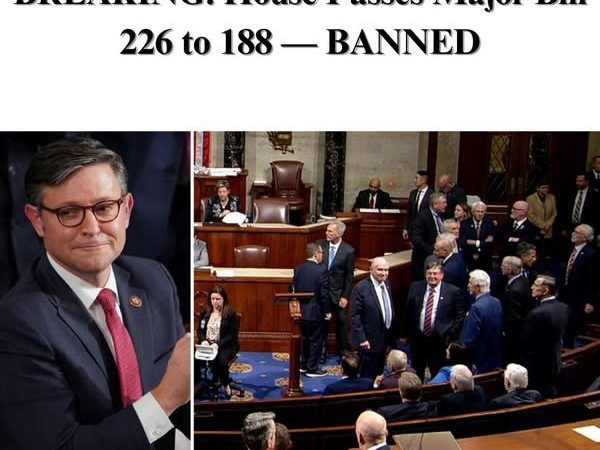The bill you’re referring to sounds like it is aimed at limiting executive power when it comes to decisions about oil drilling on federal lands or waters. If approved, this legislation would mean that any future president wishing to ban oil drilling would need to gain approval from Congress, rather than having unilateral authority to do so.
This kind of bill typically comes in response to concerns about a president’s ability to make sweeping environmental or economic changes without input from lawmakers. It could be seen as an effort to provide more checks and balances on executive power, especially when it comes to energy policy and economic issues related to oil production.
Would you like more information on how this might affect energy policy or the political implications of such a bill?
Yes, I’d be happy to dive deeper into that. If a bill like this were passed, it could have several far-reaching implications on both energy policy and the political landscape.
1. Impact on Energy Policy:
- Long-Term Stability: Requiring Congressional approval for oil drilling bans could create more stability and predictability in the energy sector. It would prevent abrupt changes in policy that might be driven by the preferences of a single president, whether Democrat or Republican. Energy companies, for example, could plan their operations with more certainty, knowing that any major policy shift on oil drilling would require legislative debate and approval.
- Increased Reliance on Fossil Fuels: On the flip side, if this bill makes it harder for presidents to ban or limit drilling, it could slow the transition to renewable energy. Given the global push for decarbonization, this could hinder efforts to address climate change, as oil drilling would continue to have legislative backing rather than being subject to executive restrictions.
- Environmental Concerns: The bill might create tension between energy development and environmental protection. While Congress may approve oil drilling, especially with support from states that rely on oil production, it could slow down efforts to regulate drilling in sensitive ecosystems or offshore drilling areas that need protection.
2. Political Implications:
- Checks and Balances: The bill would significantly alter the balance of power between the executive branch and Congress. A major implication of such a bill could be more bipartisan involvement in energy policy. This could lead to better negotiation between different political factions, but it could also create gridlock, particularly if Congress becomes deeply divided over energy policy or if parties prioritize short-term political interests over long-term national benefits.
- Shifting Political Alliances: Depending on which side of the political spectrum supports the bill, this could reshape alliances within Congress. Republicans, who traditionally support fossil fuel development, might push for such a bill, while Democrats might resist if they view it as an obstacle to more aggressive climate change policies. The bill could force lawmakers to take a firm stance on issues like climate change, energy independence, and economic priorities, further polarizing political debate.
- Future Election Dynamics: If future presidents—regardless of party—find it difficult to enact sweeping environmental policies through executive orders, it could become a rallying point in national elections. Presidential candidates would likely campaign on their ability to navigate a divided Congress to achieve their energy goals. This could influence voter preferences, especially in battleground states where oil production and environmental concerns are central to the economy.
This is just a broad overview, but I can break down any of these areas further if you’re interested!



